We've come to the end of our section focusing on the African forest ! Here, we'd like to highlight a number of projects, at all levels of intervention. These projects will
show you that there's nothing we can't do, and that we all have a role to play in the fight against deforestation !
Previously : Saving the African forest: efforts and hopes
More projects to help Africa's forests
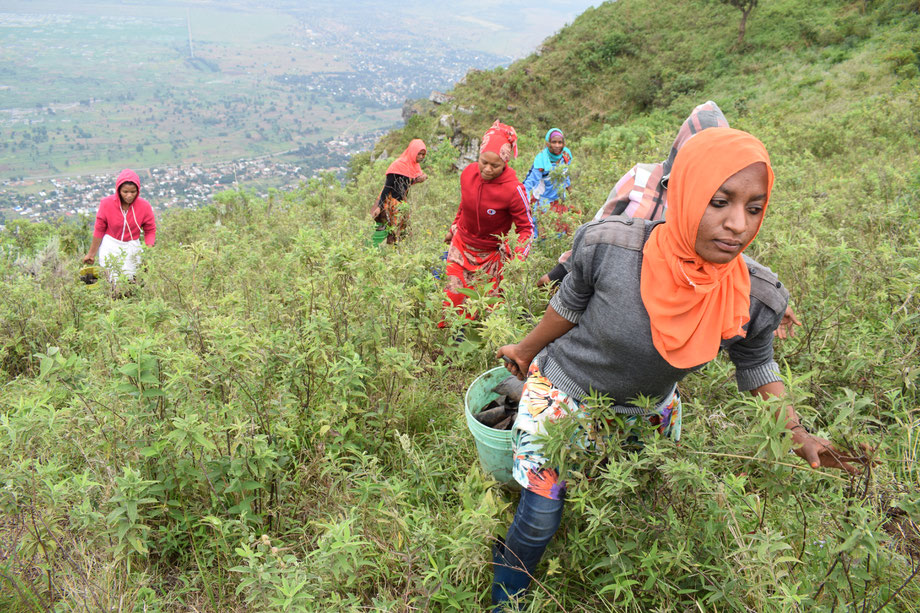
Worldwide initiatives
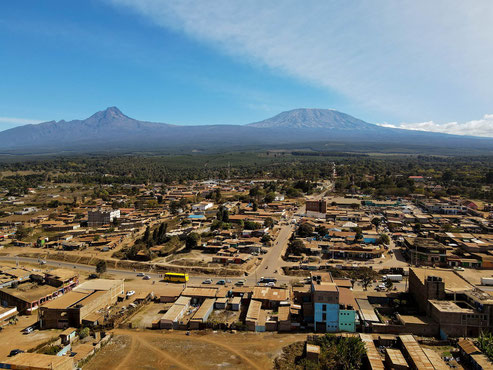
The United Nations (UN), through its Framework Convention on Climate Change, has developed a program to protect the world's forests, with a particular focus on tropical forests.
The REDD+ program (for Reduced Emissions from Deforestation and Degradation) aims to encourage countries to protect their forests rather than cut them down to earn money.
The program is supported by the Organisation for Economic Co-operation and Development (OECD).
In addition, this international movement seeks to limit the climate externalities associated with deforestation and tropical forest degradation. The REDD+ program seeks to reinforce existing efforts to combat deforestation by encouraging a more holistic approach to forest management and the development of ecosystem assets.
It promotes sustainable land management policies and practices, local rights, and transparency of financial revenues from forestry activities. The aim is to create effective mechanisms to curb deforestation while improving living standards and food security for local populations.
Additional certifications
In addition to these large-scale programs, there are certifications. In particular, Plan Vivo, an international certification aimed at promoting carbon offsetting. In other words, to offset greenhouse gas emissions through "green" actions such as planting trees. This certification focuses on the restoration and preservation of forests through local and environmentally sustainable business models. Plan Vivo projects also encourage the active participation of the local community at all stages of the planning and implementation process.
The project originally began in Mexico, and has since expanded globally, with a REDD+ project in Tanzania, for instance.
The certification ensures that the projects meet strict standards in terms of measurement, validation and verification, and that they deliver sustainable benefits for society and the environment. The aim is also to enhance the value of these initiatives and make it easier for them to secure funding.
Local initiatives to help Africa's forests
The African Wildlife Foundation (AWF)
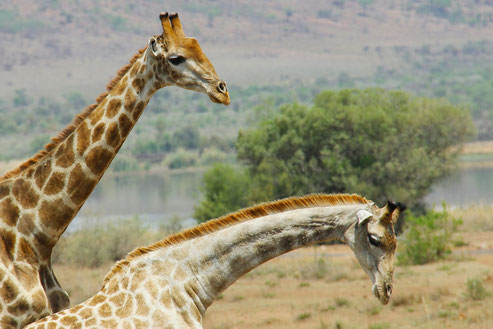
Some structures act specifically to preserve African ecosystems. Such is the case of the African Wildlife Foundation (AWF), a non-governmental organization dedicated to protecting Africa's wildlife and natural habitats.
Based in Zimbabwe, but known internationally, it works with local communities to develop sustainable solutions to environmental degradation. For over 20 years, its aim has been to implement solutions to reduce threats to wildlife such as exploitation, habitat loss and environmental crime.
AWF works with local communities as well as state and private organizations. You will find the details of a project carried out in Cameroon with a local cooperative in our references.
It also relies on the collaboration of scientists to develop innovative conservation programs at every stage. Natural habitat management, research and conservation training are among its main objectives, alongside ecosystem protection. To promote its actions, AWF organizes public awareness campaigns and events.
Locally-based international aid
In France, CIRAD (Centre de coopération internationale en recherche agronomique pour le développement) pays particular attention to protected areas in Central Africa. These natural areas have been designated to ensure the conservation of a biodiversity considered exceptional for its richness and rarity. They are home to many endemic species. These areas remain vulnerable to poaching, habitat fragmentation and pollution, which is why managing these natural resources requires partnerships between local communities, governments, researchers and conservation organizations.
These protected areas include :
- Nouabalé-Ndoki Forest
- Odzala Kokoua National Park
Both in the Republic of Congo (Congo Brazzaville).
Award-winning projects
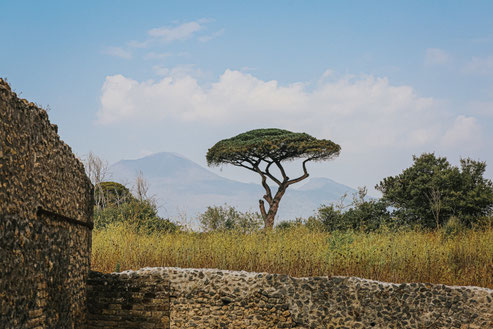
Local actions are also awarded by international bodies. Such is the case in Gabon.
The Gabonese program aims to reward local communities for their commitment to protecting the country's tropical forests. The project aims to compensate for the loss of economic benefits caused by the decision to protect these areas, and thus encourage sustainable management of natural resources.
The funds will be channelled to the communities via national and international public financing (Norway will contribute $17 million for 3.4 million tonnes of CO2 sequestered).
The Gabonese President has also enacted a new forestry code to promote a more sustainable management of the country's forests.
Finally, in March 2023, Libreville, Gabon, hosted the One Forest Summit. Several major institutions and associations came together to discuss the conservation of tropical forests. An ambitious plan was announced to halt deforestation in Central Africa by 2030. Find out more in our references at the end of the article.
Private partners to support these initiatives
Mobilizing foundations and associations
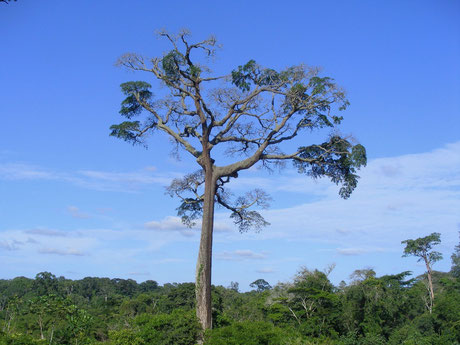
Institutes and foundations are also high-impact partners (and even patrons) for these reforestation projects.
For instance, the Veolia Foundation helped the French association Cœur de Forêt to replant trees (moabis) in south-west Cameroon.
This initiative was developed with the Cameroonian cooperative Sococofosa, whose local expertise was essential to the success of the project. These trees produce a fruit that is consumed by local animals, and its kernel can be processed into oil.
Still in Cameroon, the UFA-ReForest project was supported by the Association Technique Internationale des Bois Tropicaux (ATIBT, linked to the OECD), Belgian players such as the Nature+ association and the University of Liège. The whole project is coordinated on site by local partners: the University of Douala and several companies. This project enables reforestation in Cameroon to be managed, monitored and optimized.
In addition, UFA-ReForest provides access to tools such as an interactive map to visualize candidate planting sites, and technical guides for choosing the right tree in the right location and planning the operation. The first trees were planted in September 2022, given that this project is supported by the European Union for a period of 4 years, from March 2022.
To sum up
People all over the world are rallying to help restore Africa's forests. Although international programs exist to protect ecosystems, locally-rooted initiatives backed by international investors often have a greater impact.
Run for Planet also hopes, at its own level, to contribute to this dynamic through its tree-nursery project. You'll soon be learning with us how to trace trees, in the same way as the UFA-ReForest system!
Featured in our "Forests of Africa" series:
Thank you for following our series on the African forest! To stay updated, follow us on our social networks! And if you want to get involved, join our team!
Article submitted by Flora, from the Run for Planet team
Find her online : linkedin.com
References :
- African Wildlife Foundation. “Earth Day is every day for this tree-planting community in Cameroon”. Published Published 2023, April 26. From awf.org
- ATIBT. FR: “Des visites de terrain dans le cadre du projet UFA-ReForest” / ENG: "Field visits as part of the UFA-ReForest project". Published 2023, April 14. From atibt.org
- Cirad. FR: “Aires protégées d’Afrique centrale : un nouveau rapport propose des voies pour améliorer leur efficacité” / ENG: "Protected areas in Central Africa: a new report suggests ways to improve their effectiveness". Published 2021, June 29. From cirad.fr
- Fondation Veolia. FR: “Au secours des Moabis” / ENG: "To the rescue of the Moabis". Published 2021, May 6. From fondation.veolia.com
- Le Monde. FR: “Le Gabon rétribué pour la protection de ses forêts” / ENG: "Gabon rewarded for protecting its forests". Published 2021, June 22. From lemonde.fr
- OCDE. “Reducing Emissions from Deforestation and Degradation (REDD)”. Published 2018, August 8. From oecd.org
- Représentation permanente de la France auprès des Nations Unies à New York. FR: “One Forest Summit : protéger les forêts tropicales grâce au plan de Libreville” / ENG: "One Forest Summit: Libreville agenda to protect tropical forests". Published 2023, March 10. From onu.delegfrance.org




Écrire commentaire